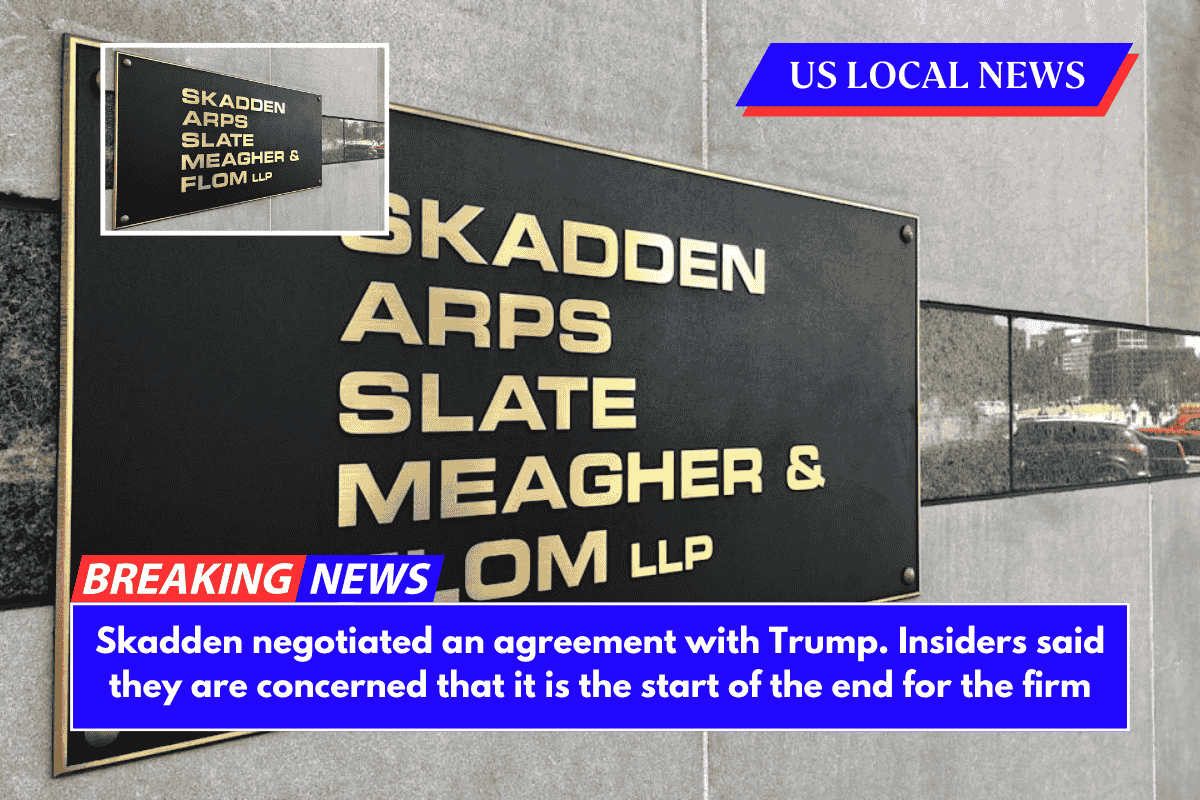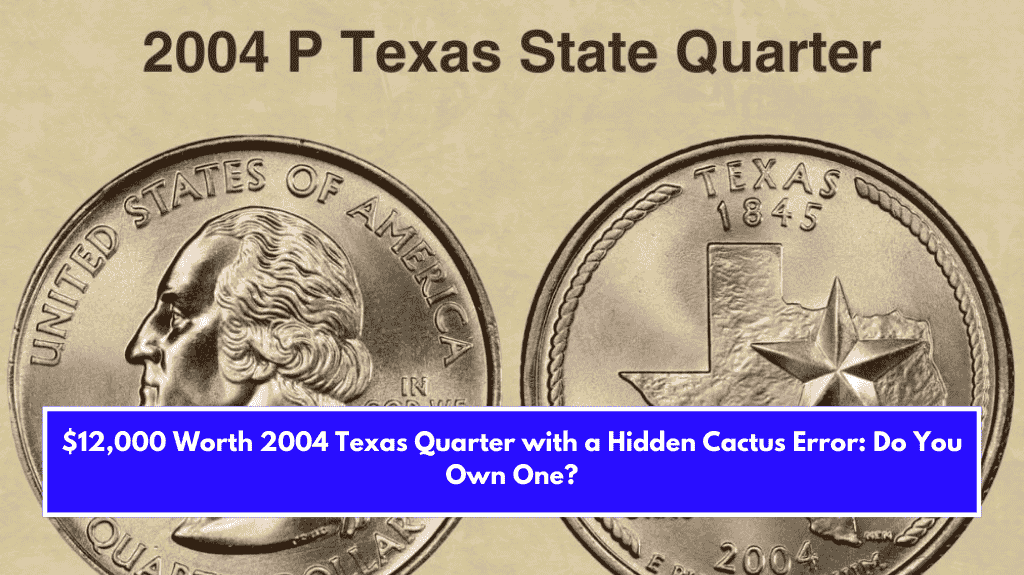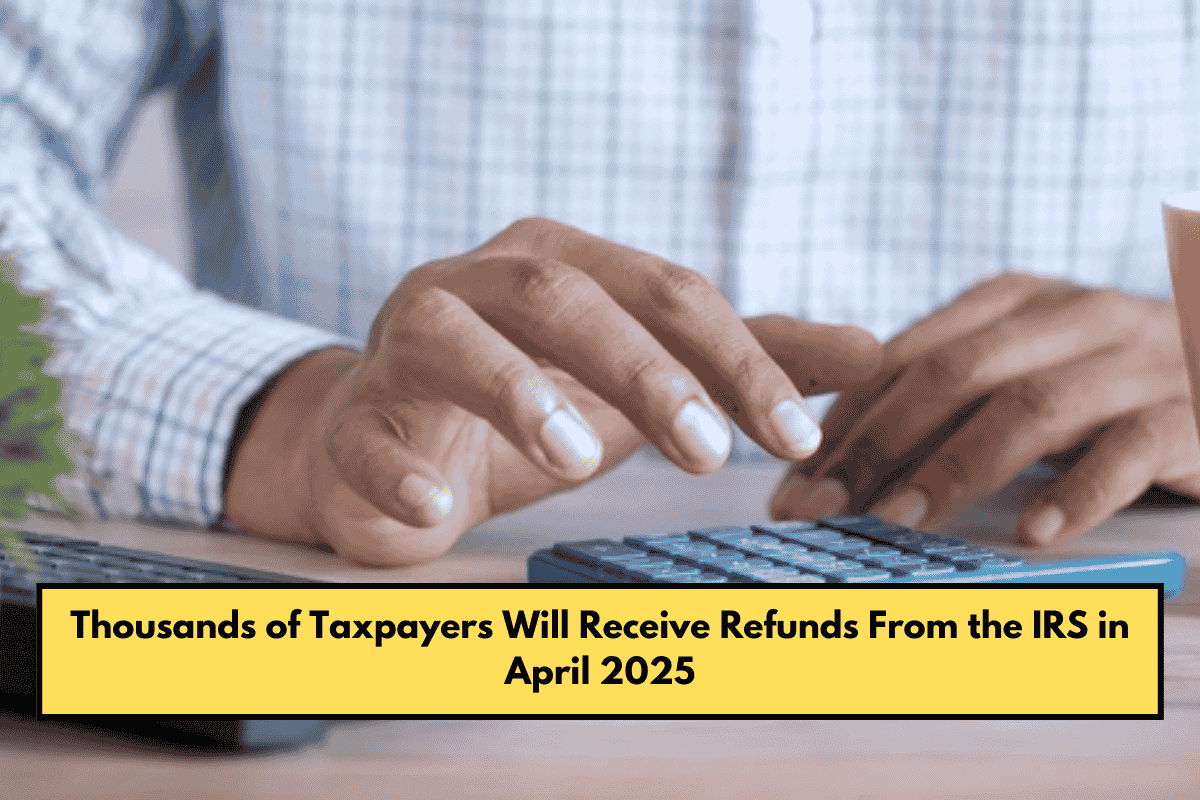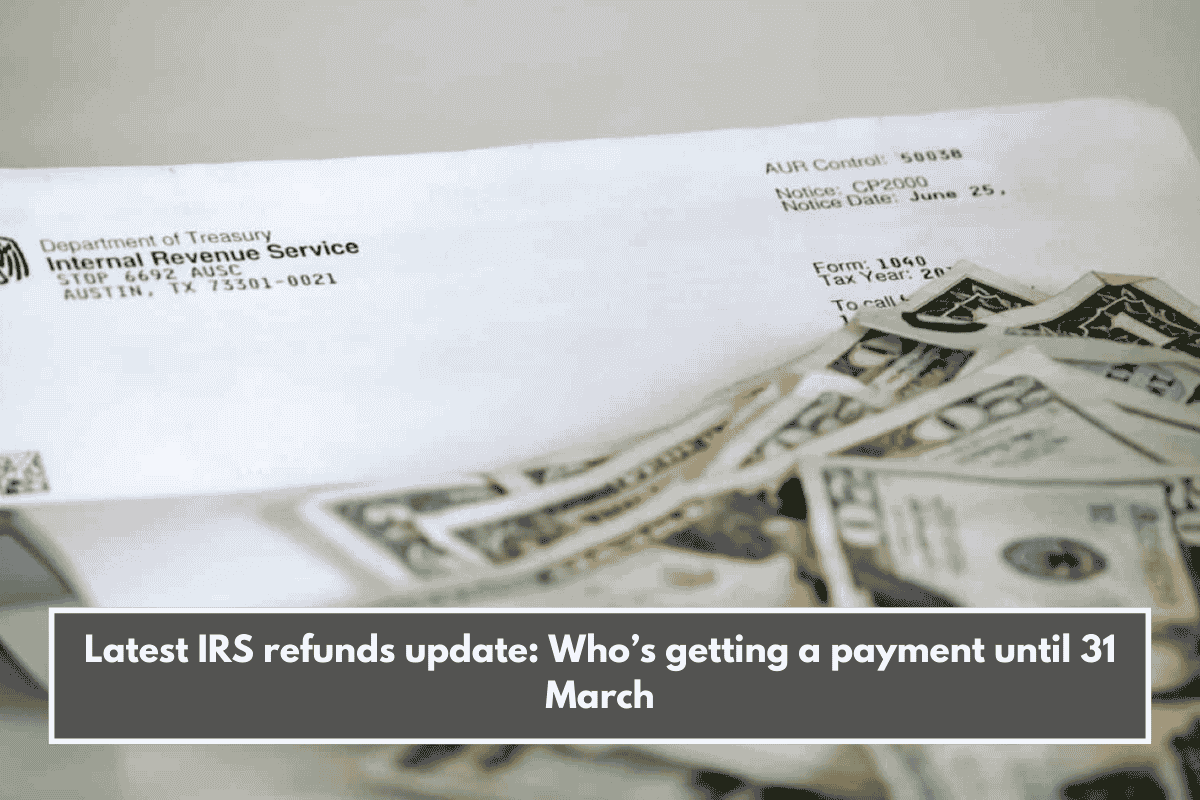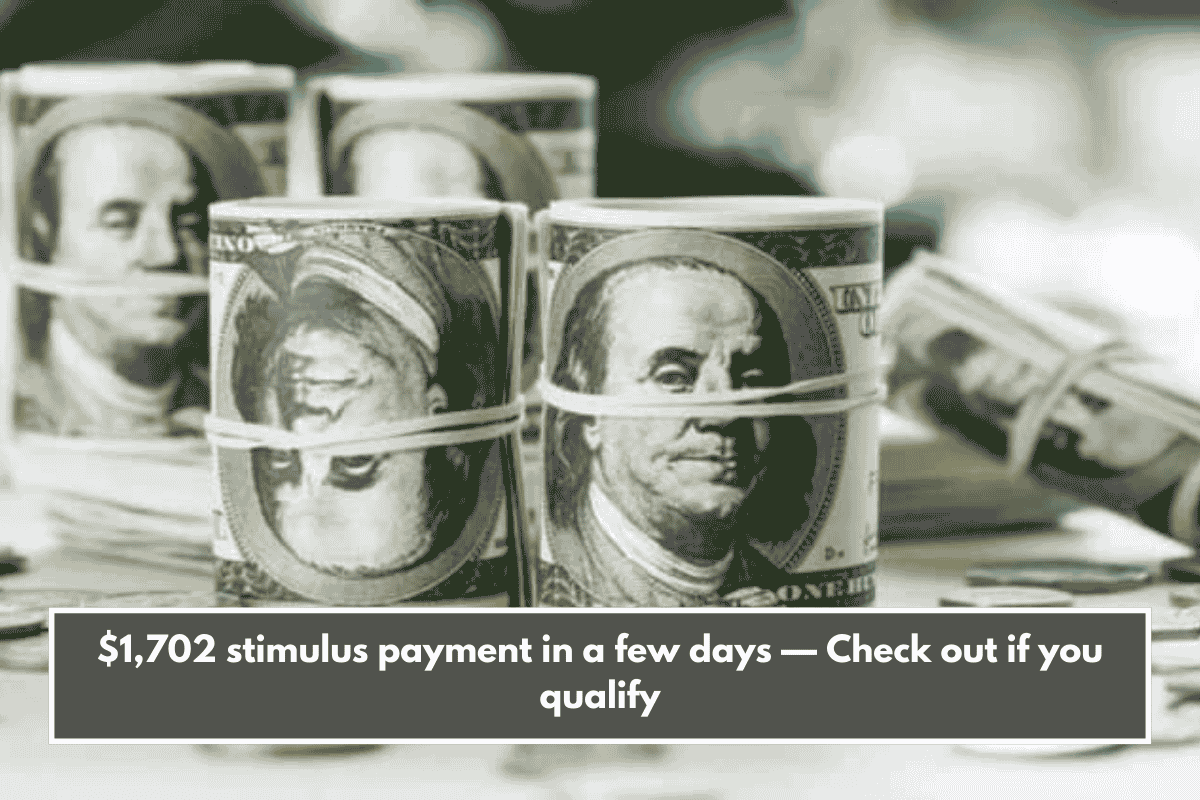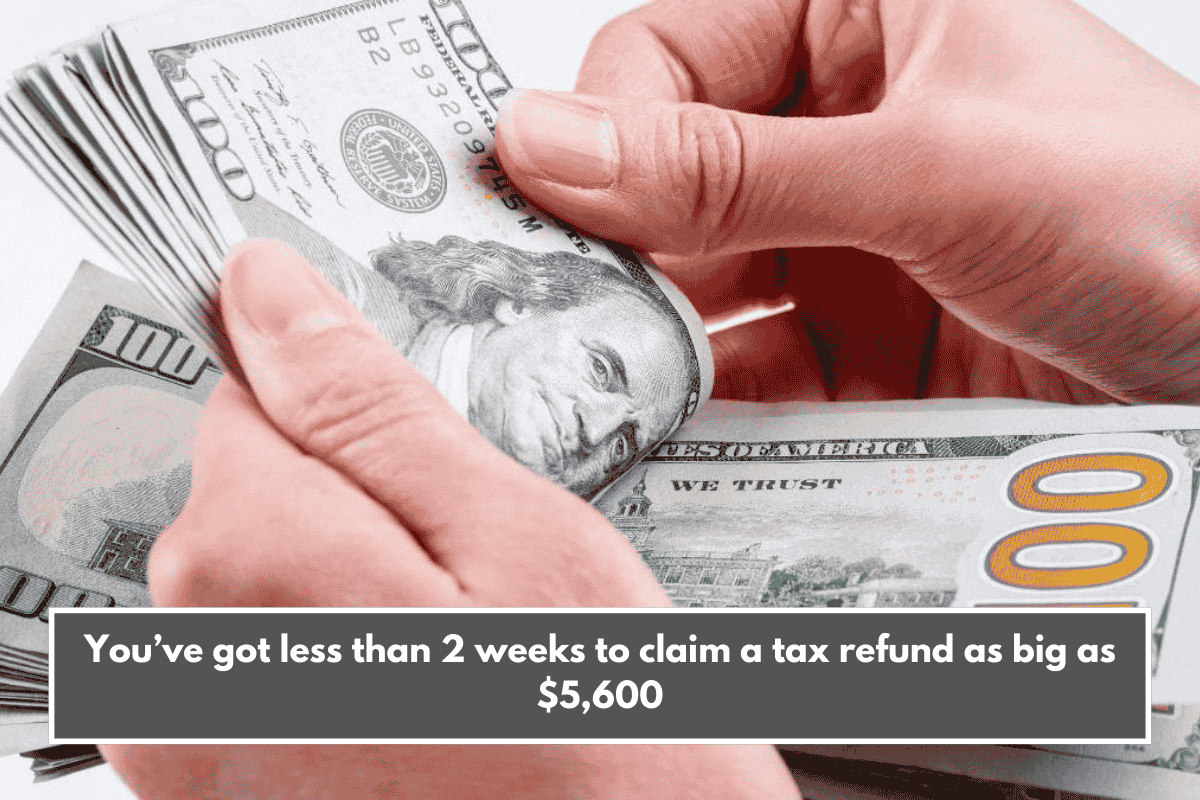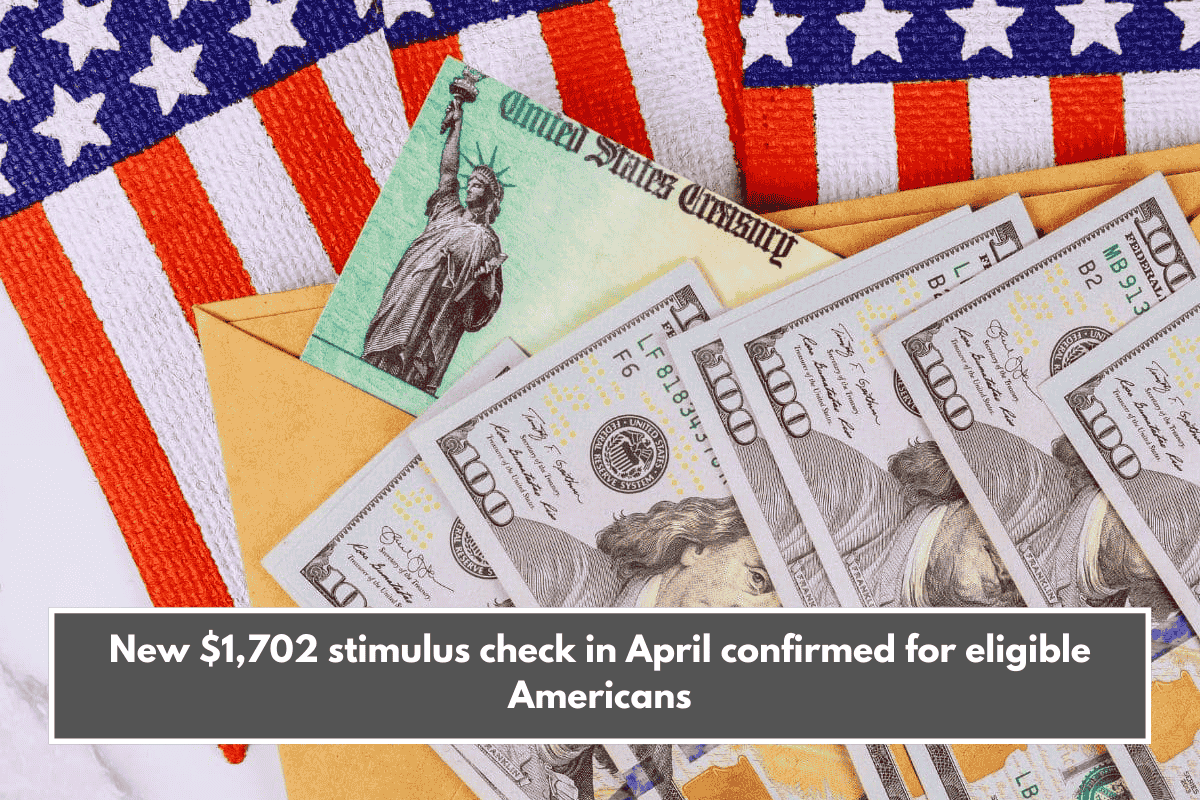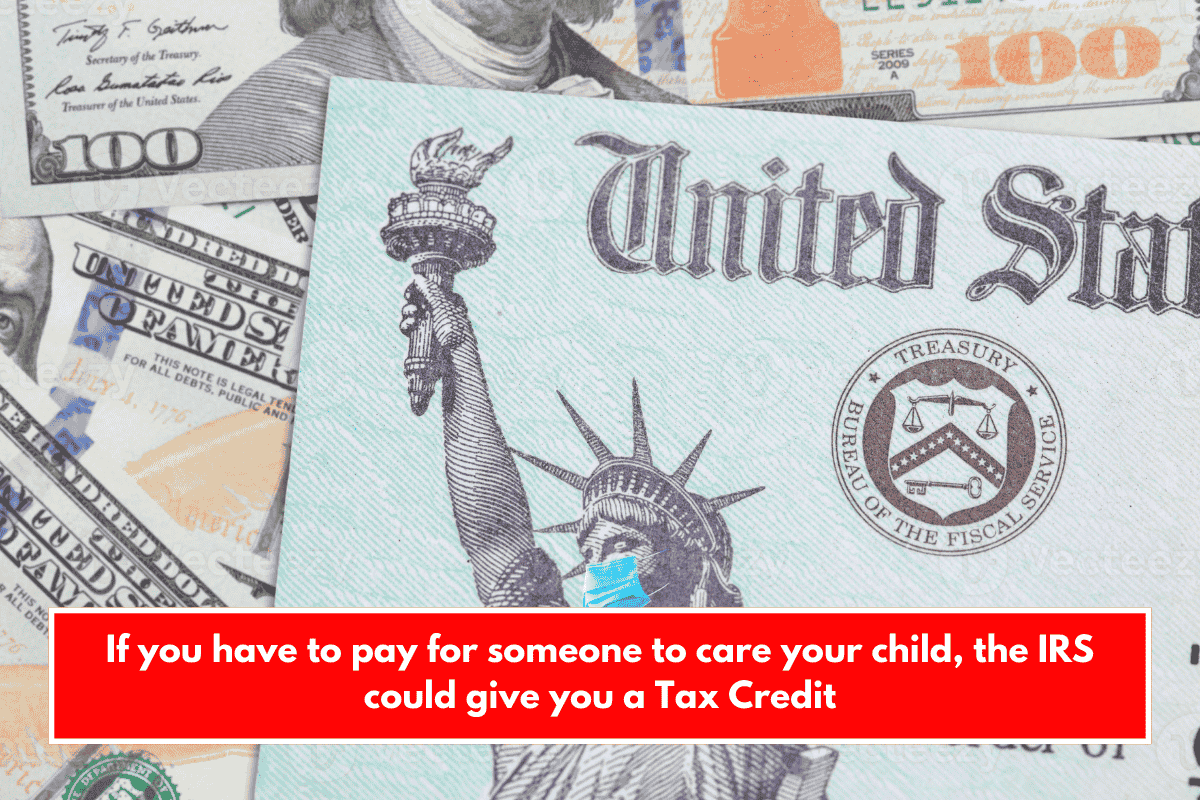- Skadden is the latest Big Law firm to strike a deal with Trump to avoid punitive executive action.
- The firm said it would provide $100M in pro bono legal work to causes supported by the administration.
- One Skadden associate said they find the firm’s dealings with Trump “unforgivable.”
Another Big Law domino has fallen to President Donald Trump’s feet.
Skadden, Arps, Slate, Meagher & Flom LLP has agreed to donate $100 million in pro bono legal services “to causes that the President and Skadden both support,” Trump said from the White House on Friday afternoon.
According to Trump, the company reaffirmed its commitment to merit-based hiring and employee retention. In a copy of the agreement shared by Trump on Truth Social, Skadden agreed not to “engage in illegal DEI discrimination.”
In recent weeks, the president has targeted major law firms that have worked for and with his political opponents, revoking their security clearances and ordering a review of their government contracts.
He also authorized Attorney General Pam Bondi and Homeland Security Secretary Kristi Noem to sanction law firms that file “frivolous” lawsuits against the administration. In response, some Big Law firms have chosen to fight back in court, while others, such as Skadden, have chosen to reach agreements with the president to avoid punitive executive actions.
In a statement, Skadden’s executive partner, Jeremy London, said the firm “engaged proactively” with the Trump administration to reach the agreement.
“The Firm looks forward to continuing our productive relationship with President Trump and his Admin,” London wrote. “We firmly believe that this outcome is in the best interests of our clients, our people, and our Firm.”
Trump described the agreement with Skadden as “essentially a settlement.”
“We appreciate Skadden coming to the table,” Trump said.
One current Skadden employee told Business Insider that they believed the transaction betrayed the firm’s values and was a “unforgivable affront” to the company culture. They spoke with BI anonymously to discuss the situation freely, as did another who shared their concerns but did not want to be quoted. BI verified their identities.
“In addition to being arguably the best law firm in the country, many associates, including myself, joined the firm because its culture matched our values slightly better than other top law firms.
That culture, and its emphasis on equity and inclusion, dates back to the firm’s inception,” the employee said, referring to the fact that the founding partners’ Jewish and Catholic backgrounds prevented them from holding high-level positions in the legal industry when the firm was founded in 1948.
The worker clarified: “There is a general consensus among associates who are politically engaged that a deal reached with the Trump administration will mark the beginning of the end for Skadden.”
“Partners and associates are considering leaving, much of the firm is demoralized, and we will struggle to recruit the best talent for years to come,” said a Skadden staffer.
At least one attorney at the firm has resigned in response to Skadden’s agreement with Trump. Brenna Frey announced her departure from the firm on LinkedIn, writing that Skadden’s agreement with Trump was “a craven attempt to sacrifice the rule of law for self-preservation.”
“As one of my more eloquent former colleagues stated, ‘Do not pretend that what is happening is normal or excusable. “It’s not.” Frey wrote. “There is only one acceptable response from attorneys to the Trump administration’s demands: The rule of law matters.”
She went further: “As an attorney, if my employer cannot stand up for the rule of law, then I cannot ethically continue to work for them.”
Rachel Cohen, a former Skadden employee, publicly resigned from the firm last week after claiming that it had not adequately responded to Trump’s threats against other firms, including Paul Weiss and Perkins Coie. She circulated an open letter to associates at other top firms, urging their employers to take stronger action in response to the administration’s orders targeting Big Law.
Skadden is the latest firm to reach an agreement with Trump, despite his administration’s challenges to the industry. Some lawyers and legal scholars have previously told Business Insider that the government’s targeted attacks on Big Law are “unprecedented” and threaten not only the legal field, but also the rule of law itself.
Paul Weiss, which was identified as one of the firms Trump was considering for executive countermeasures, eventually reached an agreement with the administration. Trump reversed his order against the firm in exchange for Paul Weiss’ agreement to remove DEI considerations from its hiring practices and the firm’s pledge of $40 million in pro bono legal services to initiatives supported by the Trump administration.
According to Business Insider, the language in Paul Weiss’ copy of the agreement did not include the references to DEI that Trump mentioned in his announcement.
Other firms targeted by Trump, including Perkins Coie, the Elias Law Group, Jenner & Block, and WilmerHale, have indicated that they will not back down and intend to challenge executive orders in court. Perkins Coie and Jenner & Block have seen some success since filing a lawsuit to challenge the order against them.
Jenner & Block received a temporary restraining order on Friday, preventing the Trump administration from punishing the firm. According to the New York Times, US District Judge John Bates, who is overseeing the case, called the order against the firm “disturbing.”
WilmerHale also received a temporary restraining order on Friday. The order, issued by US District Judge Richard Leon, prevents some of Trump’s executive orders from taking effect. In his decision, Leon stated that “no doubt this retaliatory action chills speech and legal advocacy, or that it qualifies as a constitutional harm.”
On March 12, US District Judge Beryl Howell partially blocked Trump’s order against Perkins Coie. Politico reported that during an emergency hearing, the judge stated that the “retaliatory animus” of Trump’s order against the firm was “clear on its face” and “runs head-on into the wall of First Amendment protections.”
On March 21, the Justice Department filed a motion to remove Howell from overseeing the lawsuit, claiming he is “insufficiently impartial” to rule on the case.

